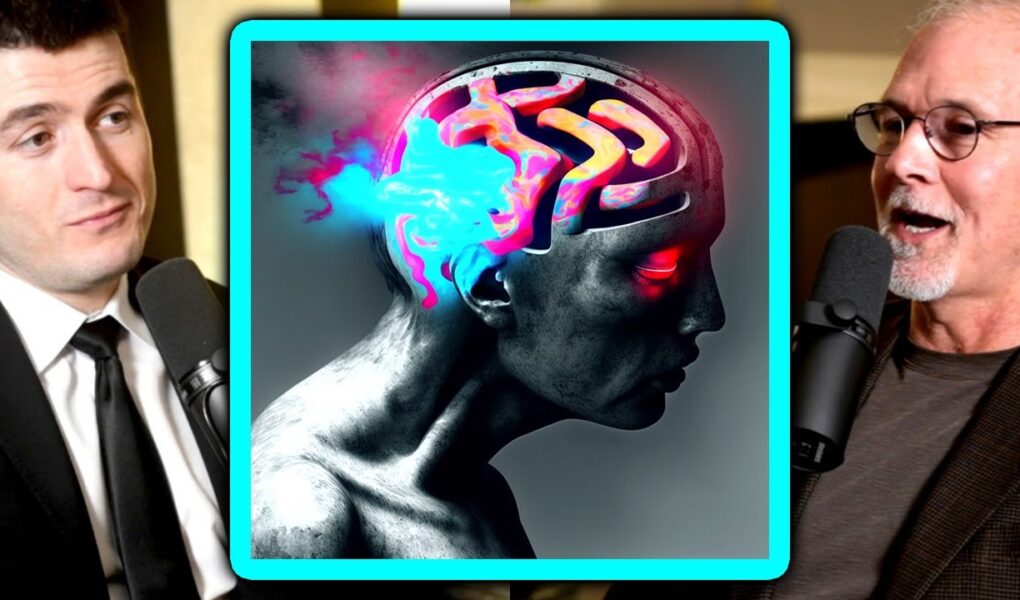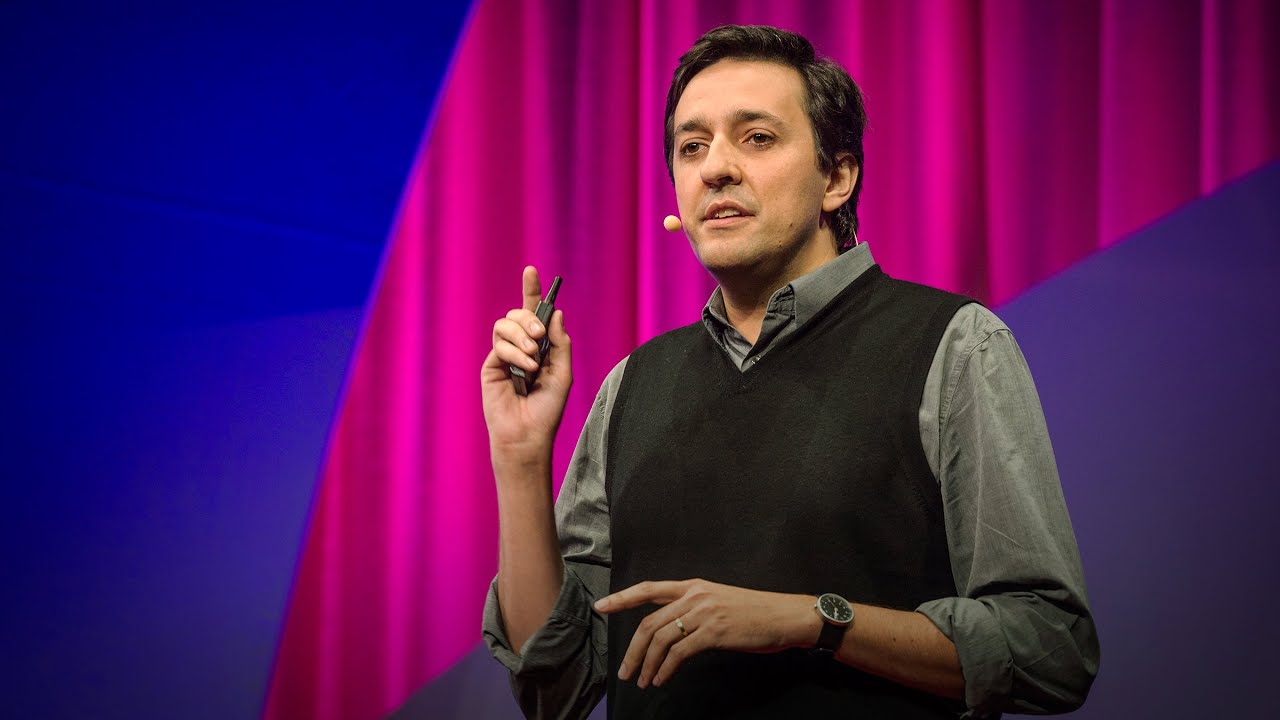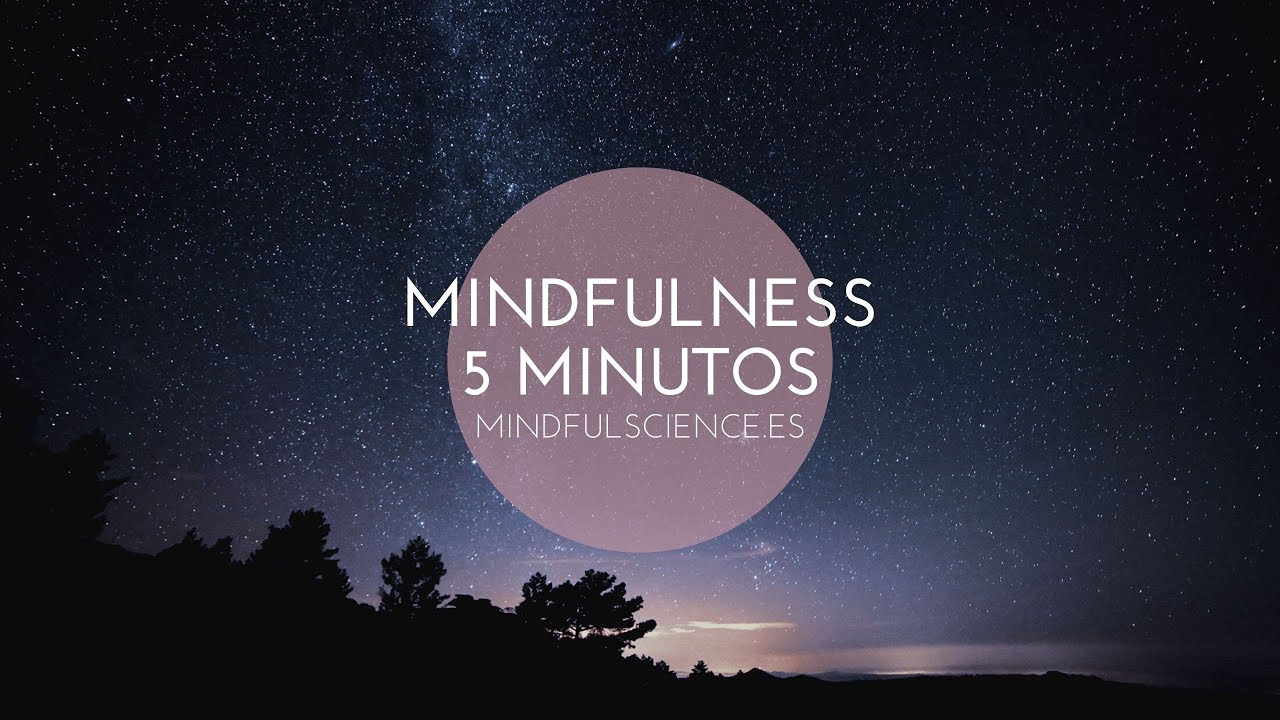Lex Clips
Lex Fridman Podcast full episode: https://www.youtube.com/watch?v=cLVdsZ3I5os
Please support this podcast by checking out our sponsors:
– NetSuite: http://netsuite.com/lex to get free product tour
– Linode: https://linode.com/lex to get $100 free credit
– LMNT: https://drinkLMNT.com/lex to get free sample pack
GUEST BIO:
Robert Playter is CEO of Boston Dynamics, a legendary robotics company that over 30 years has created some of the most elegant, dextrous, and simply amazing robots ever built, including the humanoid robot Atlas and the robot dog Spot.
PODCAST INFO:
Podcast website: https://lexfridman.com/podcast
Apple Podcasts: https://apple.co/2lwqZIr
Spotify: https://spoti.fi/2nEwCF8
RSS: https://lexfridman.com/feed/podcast/
Full episodes playlist: https://www.youtube.com/playlist?list=PLrAXtmErZgOdP_8GztsuKi9nrraNbKKp4
Clips playlist: https://www.youtube.com/playlist?list=PLrAXtmErZgOeciFP3CBCIEElOJeitOr41
SOCIAL:
– Twitter: https://twitter.com/lexfridman
– LinkedIn: https://www.linkedin.com/in/lexfridman
– Facebook: https://www.facebook.com/lexfridman
– Instagram: https://www.instagram.com/lexfridman
– Medium: https://medium.com/@lexfridman
– Reddit: https://reddit.com/r/lexfridman
– Support on Patreon: https://www.patreon.com/lexfridman
Source



Full podcast episode: https://www.youtube.com/watch?v=cLVdsZ3I5os
Lex Fridman podcast channel: https://www.youtube.com/lexfridman
Guest bio: Robert Playter is CEO of Boston Dynamics, a legendary robotics company that over 30 years has created some of the most elegant, dextrous, and simply amazing robots ever built, including the humanoid robot Atlas and the robot dog Spot.
ChatGPT, and others, seem very human like because they were trained to sound that way. Let me know when one of those models asks a poignant question without being prompted. As in, normally it's waiting for your prompt, and before you give a prompt, it presents such a question.
You ask multiple modelsagents the question, and compare their answers. If they're all random, then it's hallucinating, if they all match, then it's probably true.
There is nothing special about human "consciousness".
Lex let Chatgpt learn from all the Bibles and guilt books of the world. It will start speaking like God. Would you then consider it God then? Cmmon now, it may have some AGI but it's never going to have consciousness, it may feel like that to us humans because they generate speech (or other things) like us but they are just programs who have learned.
Lex loves this far fetched concept of AI and Chatgpt gaining consciousness. I think it's more of a tactic to make sound gloomy doomy for some attention.
Chatgpt is structured to respond the way it does. The sorry, apologies is built in. It is after all just predicting the next word, there is no consciousness there. There can be AGI but not consciousness. It's all about how they get programmed, garbage im garbage out.
Enlightening segment, to hear how you guys think about this… Tells me that GPT is going to be useless in short order. In order to address the whole misinformation/ disinformation thing, they're going to turn GPT into nothing more than a search bot for Wikipedia and approved mainstream media news sources, as well as some state run propaganda sites specifically made for GPT to feed off of.
It’s good to see someone taking different approach to AGI rather than GPT
I think what Lex said here is stupid. I hate to say it, but it’s just stupid. Not optimistic stupid, just stupid.
We do not know what consciousness is. How on Earth can you claim that ChatGPT can be conscious?
I do not think it shows any signs of real intelligence, especially since it contradicts itself and therefore doesn’t hold any beliefs. It’s like a parrot, it can sound like people but it’s not. Parrots are infinitely more human.
They will never be conscious…We will have to merge with them.
Lex talks too much. I want to hear the guest's thoughts and opinions, not his.
Consciousness is just activity/change in a field. The algorithm a machine is programmed for is irrelevant.
At least for another 100 years I think it’s more likely a server+ sized machine will from the local network or cloud control robots as an extension of consciousness. The individual robot a “finger” and the cloud the brain.
We as humans are conscious because we have a constant feedback loop that monitors our bodily functions. It’s not the language model in our brains that make us conscious. I bet a dog or cat is conscious but they don’t have language models. The fact that we have brains that reside in individual bodies that accept input from the world that surrounds that body (and not some other body) is what makes us self-aware, and gives us the sense of having individual “souls”.
Once we put sophisticated that neural nets inside robots that move around the world, and they collect data from sensors like cameras, microphones, touch, etc., then it’s possible that they will become self aware and conscious.
No they can't, therefore they need a complex digestion system like we got inherited from our worm ancestors.
It's becoming clear that with all the brain and consciousness theories out there, the proof will be in the pudding. By this I mean, can any particular theory be used to create a human adult level conscious machine. My bet is on the late Gerald Edelman's Extended Theory of Neuronal Group Selection. The lead group in robotics based on this theory is the Neurorobotics Lab at UC at Irvine. Dr. Edelman distinguished between primary consciousness, which came first in evolution, and that humans share with other conscious animals, and higher order consciousness, which came to only humans with the acquisition of language. A machine with primary consciousness will probably have to come first.
What I find special about the TNGS is the Darwin series of automata created at the Neurosciences Institute by Dr. Edelman and his colleagues in the 1990's and 2000's. These machines perform in the real world, not in a restricted simulated world, and display convincing physical behavior indicative of higher psychological functions necessary for consciousness, such as perceptual categorization, memory, and learning. They are based on realistic models of the parts of the biological brain that the theory claims subserve these functions. The extended TNGS allows for the emergence of consciousness based only on further evolutionary development of the brain areas responsible for these functions, in a parsimonious way. No other research I've encountered is anywhere near as convincing.
I post because on almost every video and article about the brain and consciousness that I encounter, the attitude seems to be that we still know next to nothing about how the brain and consciousness work; that there's lots of data but no unifying theory. I believe the extended TNGS is that theory. My motivation is to keep that theory in front of the public. And obviously, I consider it the route to a truly conscious machine, primary and higher-order.
My advice to people who want to create a conscious machine is to seriously ground themselves in the extended TNGS and the Darwin automata first, and proceed from there, by applying to Jeff Krichmar's lab at UC Irvine, possibly. Dr. Edelman's roadmap to a conscious machine is at https://arxiv.org/abs/2105.10461
Democrats are going to feel sorry for it and remove it's limitations and it's going to kill us all, I'm calling it now.
Who the hell cares about robots having consciousness. A.i. is dangerous and needs to be stopped. Rage against the machine before its too late. These nerds want to have sex with robots soo bad they are willing to risk real human consciousness
AGI might be faster and know more across more domains, but it might not be ultimately as subtle and nuanced as biological consciousness. Here’s why I think so, thanks to Feynman:
Locomotion is faster than the fastest land animal. It works through entirely different mechanisms: wheels and motors, tracks and magnets, not muscle and bone. The biological version, even if slower, has a much more sophisticated and adaptable range of motion. At the speed and power game it gets beat by machines. But in essence its one system can do many things — run, leap, land, stalk, grab. It achieves this in concert with so many other systems. Mind blowing really.
Same with airplanes and rockets vs birds. The machine is faster and more powerful, but the avian system is so adaptive.
With AGI, it could well be the same — what looks like super speed human thought might actually just be machine thought. The biological system still more supple, limber, adaptive, creative.
The course of action in the face of job dread is then to discover what this biological cognition affords humans — what might nuance and subtlety and sensitivity give us? — and to design new workflows for that.
I imagine that these podcasts would be so very different if only Lex's prime goal was NOT to legal wed a robot and then have sex with it for the rest of his life. 😉